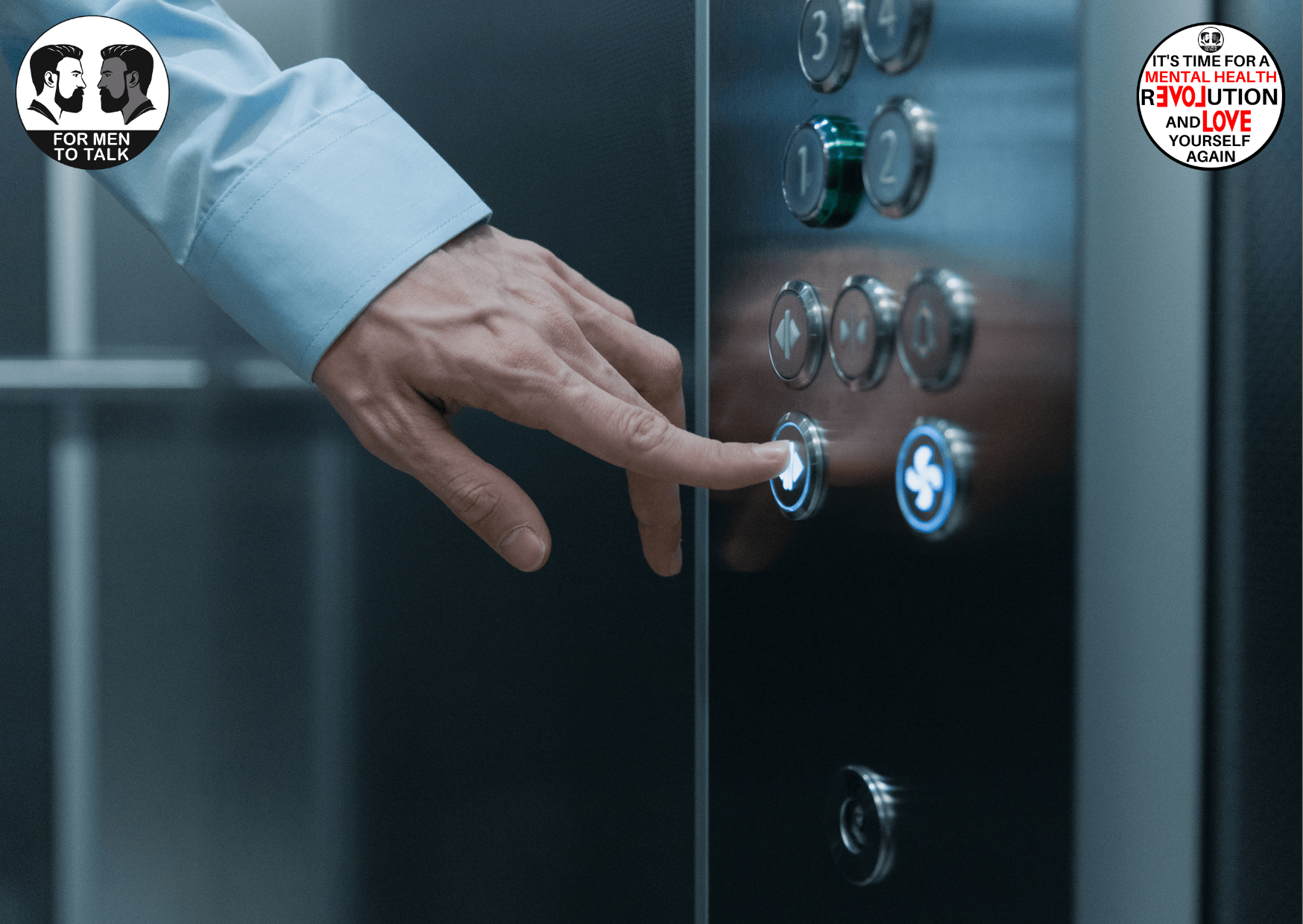Claustrophobia – The fear of confined spaces

Claustrophobia is a type of anxiety disorder characterised by a fear of confined spaces. People with claustrophobia may experience panic attacks, shortness of breath, rapid heartbeat and excessive sweating when they are in a confined space or feel like they are unable to escape a situation. This fear can be triggered by many different situations, such as being in an elevator, going through a tunnel, or even just being in a crowded room.
The exact causes of claustrophobia are not fully understood, but it is thought to be a combination of genetic and environmental factors. Some people may have a genetic predisposition to anxiety disorders, while others may develop claustrophobia as a result of a traumatic event or a stressful situation.
People with claustrophobia may try to avoid situations that trigger their fear, which can have a significant impact on their daily lives. For example, they may avoid traveling on airplanes, taking elevators or going to crowded places. This can lead to social isolation, missed opportunities and a reduced quality of life.
Treatment for claustrophobia usually involves a combination of therapy and medication. Cognitive behavioural therapy (CBT) is a common type of therapy that helps people with anxiety disorders identify and change negative thought patterns and behaviours. Medications such as antidepressants and anti-anxiety medications can also help reduce symptoms of claustrophobia.
In addition to seeking professional help, there are also some things that people with claustrophobia can do on their own to manage their symptoms. For example, they can try deep breathing exercises, relaxation techniques, or mindfulness to help calm their anxiety. It can also be helpful to talk to friends and family about their fear and ask for support and understanding.
Common triggers of claustrophobia include:
- Car washes
- Cars with central locking
- Hotel rooms with sealed windows
- Lifts
- Planes
- Public toilets
- Revolving doors
- Shop changing rooms
- Tube trains
- Tunnels
Symptoms of Claustrophobia include:
- Chest pain / Tightness in the chest
- Choking sensation
- Confused or disorientated
- Sensation of butterflies in the stomach
- Dry mouth
- Feeling / Being sick
- Feeling faint
- Headaches and Dizziness
- Hot flushes or chills
- Need to go to the toilet
- Numbness / Pins and needles
- Rapid heartbeat
- Ringing in your ears
- Shortness of breath or difficulty breathing
- Sweating
- Trembling